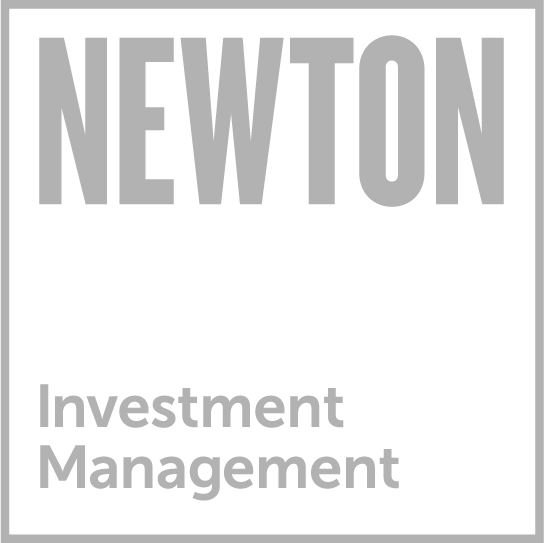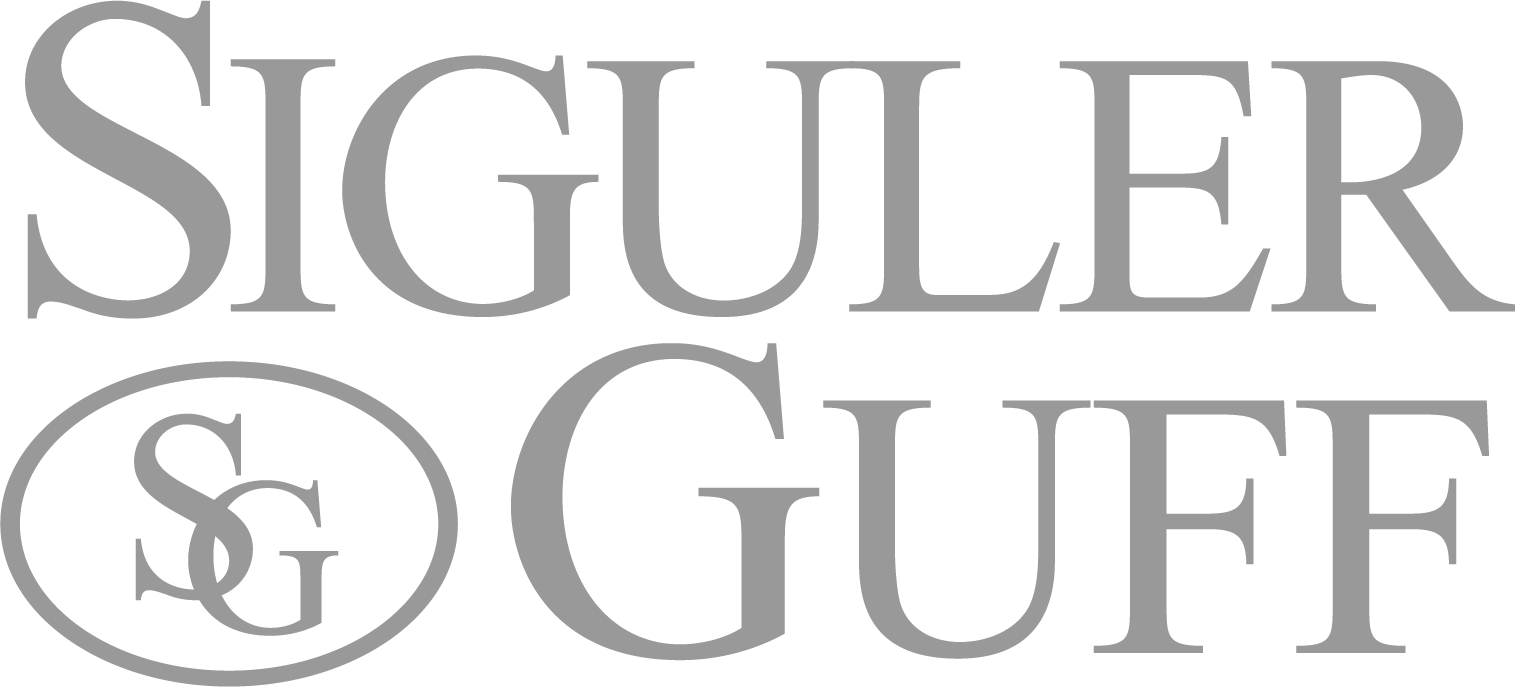BNY Mellon High Yield Fund
- TICKER PTHIX
- Fund Code 0359
- CUSIP 05588E843
- SHARE CLASS
-
Literature Download
Why invest in this Fund?
Yields and Expense Ratio
|
30-DAY SEC YIELD as of 07/26/24 |
ANNUALIZED DISTRIBUTION RATE as of 06/30/24 |
PROSPECTUS FEE TABLE EXPENSE RATIO (%) as of 05/01/24 |
|||
|---|---|---|---|---|---|
| Subsidized | Unsubsidized | Net | Gross | Contractual Fee Waiver End Date |
|
| 5.65 | 5.65 | 6.31 | 1.71 | 1.72 | - |
Yield fluctuates and past performance is no guarantee of future results.
The SEC 30-day Yield is calculated by dividing the net investment income per share earned during the period (calculated in accordance with regulatory guidelines) by the maximum offering price per share on the last day of the period.
Unsubsidized yield displays what the fund's 30-Day SEC Yield would have been had no fee waiver or expense reimbursement been in place during the period.
Portfolio Turnover Rate - It is a measure of how quickly securities in a fund are either bought or sold by the fund's managers, over a given period of time.
Average Effective Maturity (AEM) - is a measure of maturity that takes into account the possibility that a bond might be called back by the issuer. For a portfolio of bonds, average effective maturity is the weighted average of the maturities of the underlying bonds.
Average Effective Duration - It is used to measure the market price sensitivity of the fund’s portfolio holdings to changes in interest-rates. Duration is not a complete measure of bond risk and may not be successful.
Portfolio Turnover Rate - It is a measure of how quickly securities in a fund are either bought or sold by the fund's managers, over a given period of time.
Average Effective Maturity (AEM) - is a measure of maturity that takes into account the possibility that a bond might be called back by the issuer. For a portfolio of bonds, average effective maturity is the weighted average of the maturities of the underlying bonds.
Average Effective Duration - It is used to measure the market price sensitivity of the fund’s portfolio holdings to changes in interest-rates. Duration is not a complete measure of bond risk and may not be successful.
Portfolio Managers
-

Chris Barris
Global HY Portfolio Manager, Alcentra NY, LLC
Managing Fund Since 2010
Joined Firm in 2013
Joined Industry in 1994
-

Kevin Cronk, CFA
US Loan Portfolio Manager, Alcentra NY, LLC
Managing Fund Since 2012
Joined Firm in 2013
Joined Industry in 1996
Total Returns
Month End
|
Average Annual As of 06/30/24 |
|||||||
|---|---|---|---|---|---|---|---|
| Name |
3 MO 06/30/24 |
YTD 06/30/24 |
1 YR | 3 YRS | 5 YRS | 10 YRS | Since Inception |
|
BNY Mellon High Yield Fund
PTHIX |
1.21 | 2.45 | 9.37 | 0.28 | 2.18 | 2.41 | 3.69 |
|
ICE BofA U.S. High Yield Master II Constrained Index
|
1.09 | 2.62 | 10.46 | 1.65 | 3.71 | 4.21 | - |
Quarter End
|
Average Annual As of 06/30/24 |
|||||||
|---|---|---|---|---|---|---|---|
| Name |
3 MO 06/30/24 |
YTD 06/30/24 |
1 YR | 3 YRS | 5 YRS | 10 YRS | Since Inception |
|
BNY Mellon High Yield Fund
PTHIX |
1.21 | 2.45 | 9.37 | 0.28 | 2.18 | 2.41 | 3.69 |
|
ICE BofA U.S. High Yield Master II Constrained Index
|
1.09 | 2.62 | 10.46 | 1.65 | 3.71 | 4.21 | - |
The performance data quotes represents past performance, which is no guarantee of future results. Yield, share price and investment return fluctuate and an investor's shares may be worth more or less than original cost upon redemption. Current performance may be lower or higher than the performance quoted. Click above for month-end returns.
The ICE BofA U.S. High Yield Master II Constrained Index contains all securities in the ICE BofA U.S. High Yield Index but caps issuer exposure at 2%. Index constituents are capitalization-weighted, based on their current amount outstanding, provided the total allocation to an individual issuer does not exceed 2%. Issuers that exceed the limit are reduced to 2% and the face value of each of their bonds is adjusted on a pro-rata basis. Similarly, the face values of bonds of all other issuers that fall below the 2% cap are increased on a pro-rata basis. In the event there are fewer than 50 issuers in the index, each is equally weighted and the face values of their respective bonds are increased or decreased on a pro-rata basis. Investors cannot invest directly in any index.
When applicable, returns reflect a contractual expense reduction, without which returns would have been lower. Please see contractual expense reduction information, if any, in the Prospectus Fee Table below.
Growth of $10,000 Investment
Past performance is no guarantee of future results.
Historical Performance
These figures do not reflect the maximum sales charge which, if included, would reduce return.
Past performance is no guarantee of future results.
Monthly
Yield fluctuates and past performance is no guarantee of future results.
Monthly yield history is the annualized distribution rate that is based upon dividends per share from net investment income paid during the period, divided by the period ended maximum offering price per share, adjusted for capital gains (IF ANY) distributed during the period, and annualized based upon the number of days in the distribution period.
Yearly
Investment return fluctuates and past performance is no guarantee of future results.
Redemption Charge
| As of REDEMPTION YEAR | CDSC |
|---|---|
| Year 1 | 1.00 |
Class C shares are subject to a contingent deferred sales charge (CDSC) imposed on Class C shares redeemed within one year of purchase.
Prospectus Fee Table Expense Ratios
| As of 05/01/24 Fee Description | Expense Ratio (%) |
|---|---|
| Management Fee | 0.70% |
| 12B-1 Fee | 0.75% |
| Service Fee | 0.25% |
| Other Expenses | 0.02% |
| Total Expenses | 1.72% |
| Expenses Reimbursed | 0.01% |
| Net Expenses | 1.71% |
The fund's investment adviser, BNY Mellon Investment Adviser, Inc., has agreed in its investment management agreement with the fund to: (1) pay all of the fund's expenses, except management fees, Rule 12b-1 fees and certain other expenses, including the fees and expenses of the non-interested board members and their counsel, and (2) reduce its fees pursuant to the investment management agreement in an amount equal to the fund's allocable portion of the fees and expenses of the non-interested board members and their counsel (in the amount of .01% for the past fiscal year). These provisions in the investment management agreement may not be amended without the approval of the fund's shareholders.
Portfolio Manager/Sub-Investment Adviser
Asset Allocation
Daily Statistics
| As of 07/26/24 Name | NAV | Change |
07/26/24 12 Month High Nav |
10/20/23 12 Month Low Nav |
YTD Return |
|---|---|---|---|---|---|
|
PTHIX
|
$5.38 |
$0.01
0.19%
|
$5.38 | $5.02 | 4.09% |
Past performance is no guarantee of future results.
Main Risks
High yield bonds are subject to increased credit risk and are considered speculative in terms of the issuer's perceived ability to continue making interest payments on a timely basis and to repay principal upon maturity.
Investing in foreign denominated and/or domiciled securities involves special risks, including changes in currency exchange rates, political, economic, and social instability, limited company information, differing auditing and legal standards, and less market liquidity. These risks generally are greater with emerging market countries.
Risk Metrics
| As of 06/30/24 3-Year Trailing | Standard Deviation | Alpha | Beta | R-Squared | Sharpe Ratio |
|---|---|---|---|---|---|
|
PTHIX
|
8.36 | 2.42 | 0.84 | 56.00 | -0.34 |
All risk metrics are provided by Morningstar. The index used in the calculations are determined by Morningstar which may not be the funds primary benchmark. The index Morningstar used for this analysis is Bloomberg U.S. Aggregate Bond Index.
Alpha - Alpha is a measure of a security's or portfolio's excess return.
Beta - Beta is a measure of a security’s or portfolio’s volatility, or systematic risk.
R-Squared - R-squared is a statistical measure that represents the percentage of a fund’s or security’s movements that are explained by movements in a benchmark index.
Sharpe Ratio - Sharpe ratio is a risk-adjusted measure that measures reward per unit of risk. The higher the Sharpe ratio, the better.
Standard Deviation - Standard deviation is a statistical measure of the degree to which an individual portfolio return tends to vary from the mean, based on the entire population. The greater the degree of dispersion, the greater the degree of risk. In mutual funds, the standard deviation tells us how much the return on the fund is deviating from the expected normal returns.
Dividend Schedule
Annualized distribution rate is based upon dividends per share from net investment income paid during the period, divided by the period ended maximum offering price per share, adjusted for capital gains (IF ANY) distributed during the period, and annualized based upon the number of days in the distribution period.
| Month/Year | Dividend ($) |
|---|---|
| 06/2024 | 0.025768938 |
| 05/2024 | 0.030249778 |
| 04/2024 | 0.027742017 |
| 03/2024 | 0.029614112 |
| 02/2024 | 0.027751601 |
| 01/2024 | 0.028021630 |
| 12/2023 | 0.025389545 |
| 11/2023 | 0.029367464 |
| 10/2023 | 0.030250788 |
| 09/2023 | 0.028141480 |
| 08/2023 | 0.029852626 |
| 07/2023 | 0.029236804 |
All figures as of month-end. Dividend history does not reflect any capital gains that may have been paid
Distributions History
| Record Date | Ex-Dividend Date | Payable Date |
Ordinary Non-Qualified Dividends |
Qualified Dividends |
Non-Qualified Short-Term Capital Gain |
Qualified Short-Term Capital Gain |
Long-Term Capital Gain |
Total Distribution |
|---|---|---|---|---|---|---|---|---|
| 12/01/21 | 12/02/21 | 12/02/21 | 0.0000 | 0.0000 | 0.0140 | 0.0000 | 0.0000 | 0.0140 |
| Record Date | Ex-Dividend Date | Payable Date |
Ordinary Non-Qualified Dividends |
Qualified Dividends |
Non-Qualified Short-Term Capital Gain |
Qualified Short-Term Capital Gain |
Long-Term Capital Gain |
Total Distribution |
|---|---|---|---|---|---|---|---|---|
| 12/03/18 | 12/04/18 | 12/04/18 | 0.0000 | 0.0000 | 0.0094 | 0.0000 | 0.0000 | 0.0094 |
| 12/04/17 | 12/05/17 | 12/05/17 | 0.0000 | 0.0000 | 0.0026 | 0.0000 | 0.0000 | 0.0026 |
| 12/05/14 | 12/08/14 | 12/08/14 | 0.0000 | 0.0000 | 0.0075 | 0.0000 | 0.0000 | 0.0075 |
Literature
PRODUCT MATERIALS
- Download
- Share
- Subscribe
- Order
| BNY Mellon High Yield Fund - Commentary | Download | Share |
Factsheet, Prospectus and Reports
- Download
- Share
- Subscribe
- Order






